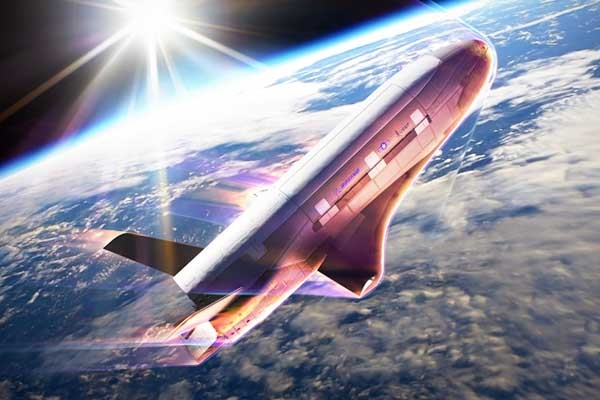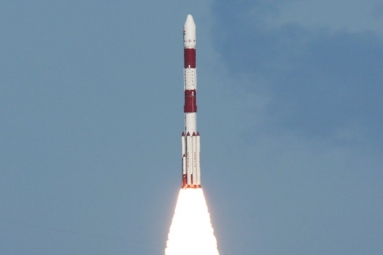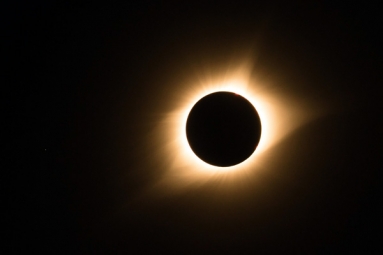
(Image source from: x.com/SpaceForceDoD)
A top-secret US space probe is set to carry out a series of innovative flight maneuvers in Earth orbit. The spacecraft, the X-37B Orbital Test Vehicle (OTV-7), is an experimental spacecraft of the United States Space Force (USSF). Although its entire operational scope remains classified, the X-37B has attracted significant attention due to its advanced capabilities. The US Space Force said in a statement that the X-37B Orbital Test Vehicle (OTV-7) will be equipped with air brakes that will allow it to adjust its orbit around Earth and safely return the service module in accordance with international guidelines. How to Manage Space Debris Since December 28, 2023, the US Space Force, with support from the Air Force Rapid Capabilities Office, has been conducting radiation effects research and technology experiments to reconnaissance of space domains in Advanced Elliptical Orbit. In Airbrake, a spacecraft flies through Earth's atmosphere multiple times, using the drag of the atmosphere to change its trajectory while conserving fuel. Once the maneuver is successfully completed, the X-37B will continue its test and validation missions. Once the spacecraft reaches its destination, it will leave orbit and return safely to Earth.
“This series of new and optimized operations demonstrates the Space Force's commitment to significant innovation in fulfilling national security missions in space,” said Air Force Secretary Frank Kendall. According to the press release, this is the first time the U.S. Space Force and X-37B have conducted a dynamic air braking maneuver, building on six previous successful missions in which the spacecraft was safely operational. A New York Post report said official images of the spacecraft released last year hinted at the possibility, showing a futuristic spacecraft trying to neutralize enemy satellites and showing the role of ships. According to Science, the X-37B, a remotely piloted home spacecraft built by Boeing, was developed for an unspecified mission led by the US Department of Defense (DOD). Although the specific operation remains confidential, LiveScience said the spacecraft had previously been used to study the effects of solar radiation on seeds.







